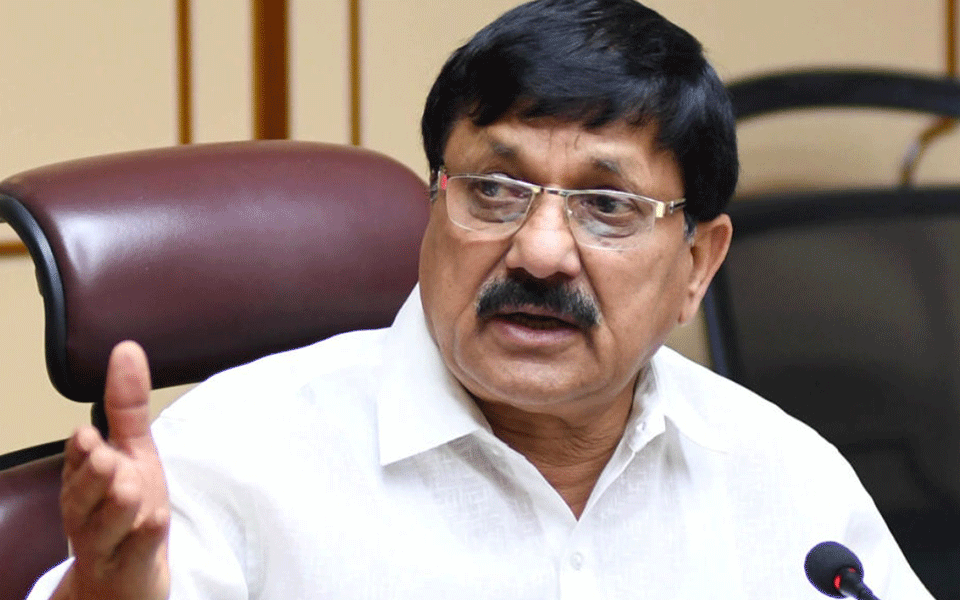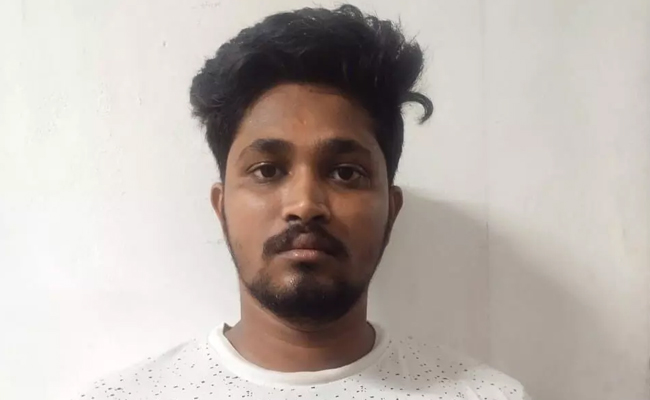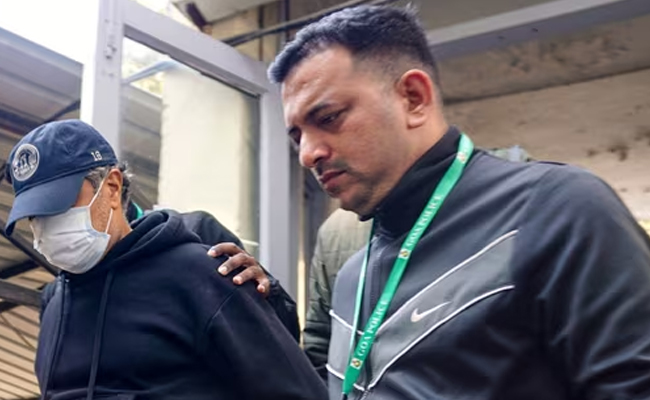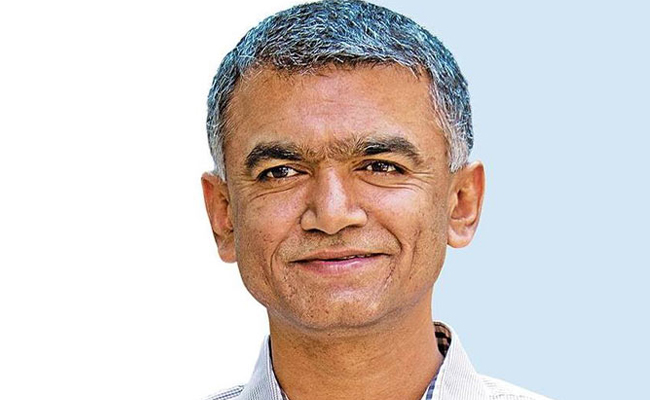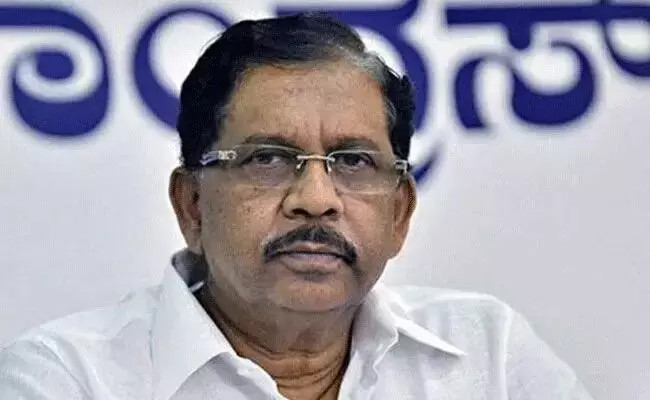Koppal(PTI): Amid the raging halal row where some right wing organisations have asked Hindus not to use halal meat during 'Hosa Tadaku' festival, Karnataka Home Minister Araga Jnanendra on Thursday said those who do not respect the Constitution and honour the court verdict should be taught a lesson.
The Minister's comment came as a section of Muslims had called for a statewide bandh against the Karnataka High Court verdict on hijab, which dismissed the petition of Muslim girl students from Udupi Government Girls' Pre University College, who wanted Hijab to be allowed along with the school uniform in classrooms.
The girls who petitioned to the High Court had contended that hijab was their essential religious practice and challenged the Government order which banned any cloth that could disturb peace, harmony and public order.
"Those who do not respect the Indian Constitution and say that the court verdict is not applicable to them should be taught a lesson. We are telling them sincerely that you should not function this way in this country. Nobody hates you and we have to live like brothers only," he told reporters here.
The Minister said the government has a limited role to play on the issue pertaining to halal, which is left to the wisdom of people.
Jnanendra said the 'Boycott halal food' campaign is not a law and order situation but something related to faith and sentiments, "which everyone knows."
He also wondered why the BJP was blamed by some for the campaign, which is related to faith and sentiments and individual choices. The Minister also blamed intellectuals for lecturing only the Hindus and not the others.
He said, "Secularism flows in our blood."
A day after the Ugadi festival, which will fall on April 1, a section of Hindus who eat non-vegetarian food, organise 'Hosa Tadaku' where they cook meat.
The Bajrang Dal, Vishwa Hindu Parishad and various Hindu outfits have been running a door-to-door campaign asking people not to use halal meat. They have been distributing leaflets as well.
Let the Truth be known. If you read VB and like VB, please be a VB Supporter and Help us deliver the Truth to one and all.
Bajpe: Police have arrested a youth for allegedly posting derogatory and defamatory content against the Bajpe police on social media.
The arrested accused has been identified as Abhishek M. (23), a resident of Katipalla, Surathkal.
According to the police, Abhishek posted a photograph of Bajpe Nisarga Hotel on his Instagram account mr_a_titude_22, alleging that accused persons in a murder case under the jurisdiction of the Bajpe police station were being treated “like royalty” by the police and were being served beef meals from the hotel every day. In his post, he further accused the police of colluding with criminals and misusing their authority, stating that public trust in the police was being betrayed.
Following which, the Bajpe police registered a case and arrested the accused.
Police records reveal that Abhishek is already facing multiple criminal cases. A case of murder, attempt to murder, assault and robbery has been registered against him at the Surathkal police station. At the same time, a robbery case has also been registered at the Kaup police station.
After his arrest, Abhishek was handed over to the custody of the CEN police for further investigation. He was later produced before a court, police said.

